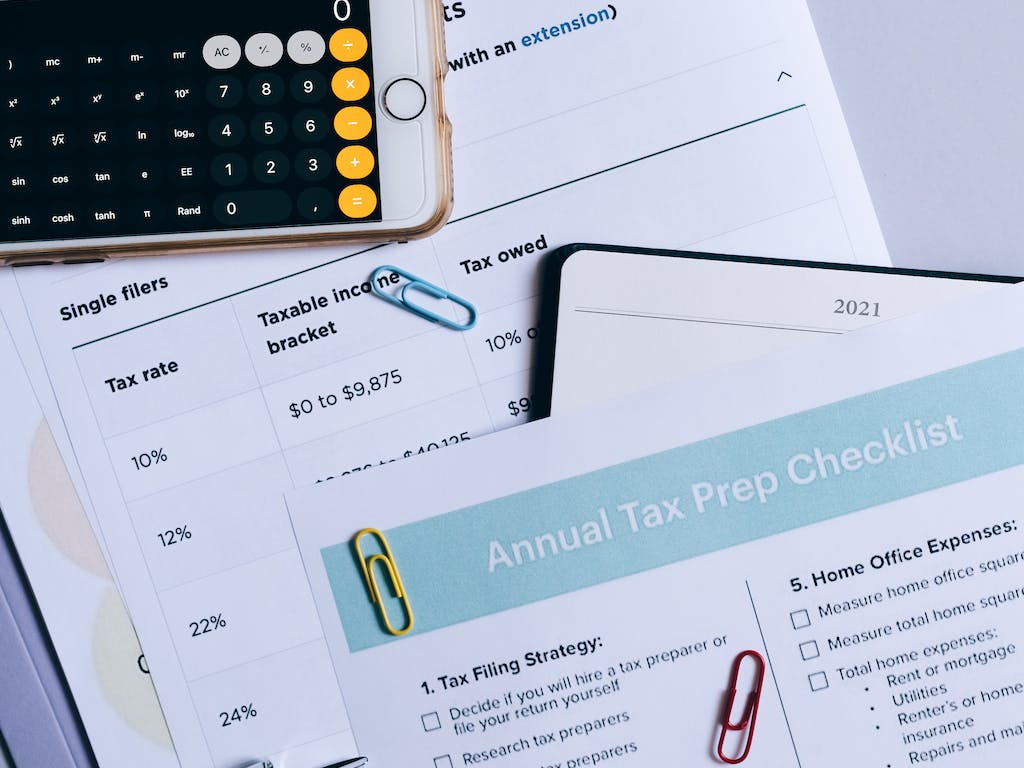Tax season can be stressful, but being well-prepared can help minimize your anxiety and maximize your chances of receiving a refund. In this article, we will outline what your tax prep checklist should include. This will help you organize your paperwork and prepare for a stress-free tax season.
Gather Your Personal Information
The first step is gathering all the necessary personal information. This includes your Social Security number, address, and contact information. If you have any dependents, you’ll also need their information.
Collect Your Income Statements
The next step in your tax prep checklist is collecting all your income statements. This includes W-2s from your employer, 1099s for freelance or contract work, and any other income statements from rental properties or investments.
Keep Track of Your Deductions
Deductions can significantly impact your tax return, so keep track of them throughout the year. Common deductions include charitable donations, mortgage interest, and medical and business expenses, among others. Gather all relevant receipts and paperwork to document these expenses.
Review Your Investment Documents
If you have investments like stocks or mutual funds, you’ll need to file appropriate tax paperwork to document the gains or losses. Gather your investment documents and keep track of any dividends or capital gains distributions.
Don’t Forget About Retirement Savings
Remember to include this information on your tax return if you contribute to a retirement account such as a 401(k) or IRA. You may qualify for tax deductions or credits based on your retirement savings.
Organize Your Business Records
If you own a business, your tax prep checklist should include organizing your business records. Some examples of important business records are income and expense statements, receipts, and any relevant deductions.
Include Health Insurance Information
Health insurance is a crucial aspect of your tax return. Include information regarding your health insurance coverage and any applicable premiums or tax credits.
Prepare for State Taxes
In addition to federal taxes, you’ll also need to prepare for state taxes. Different states have varying tax laws and regulations, so be sure to research and understand your state’s requirements.
Consider Hiring a Professional
If your tax situation is complicated or you’re unsure how to handle certain deductions or expenses, consider hiring a professional tax preparer. They can offer guidance and ensure you take advantage of all available tax credits and deductions.

